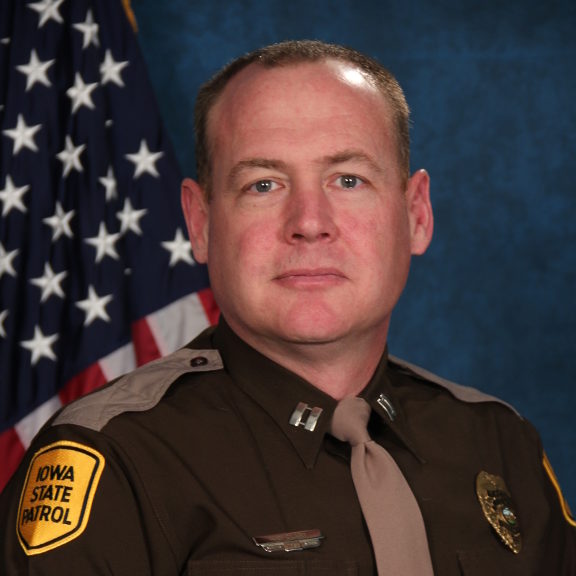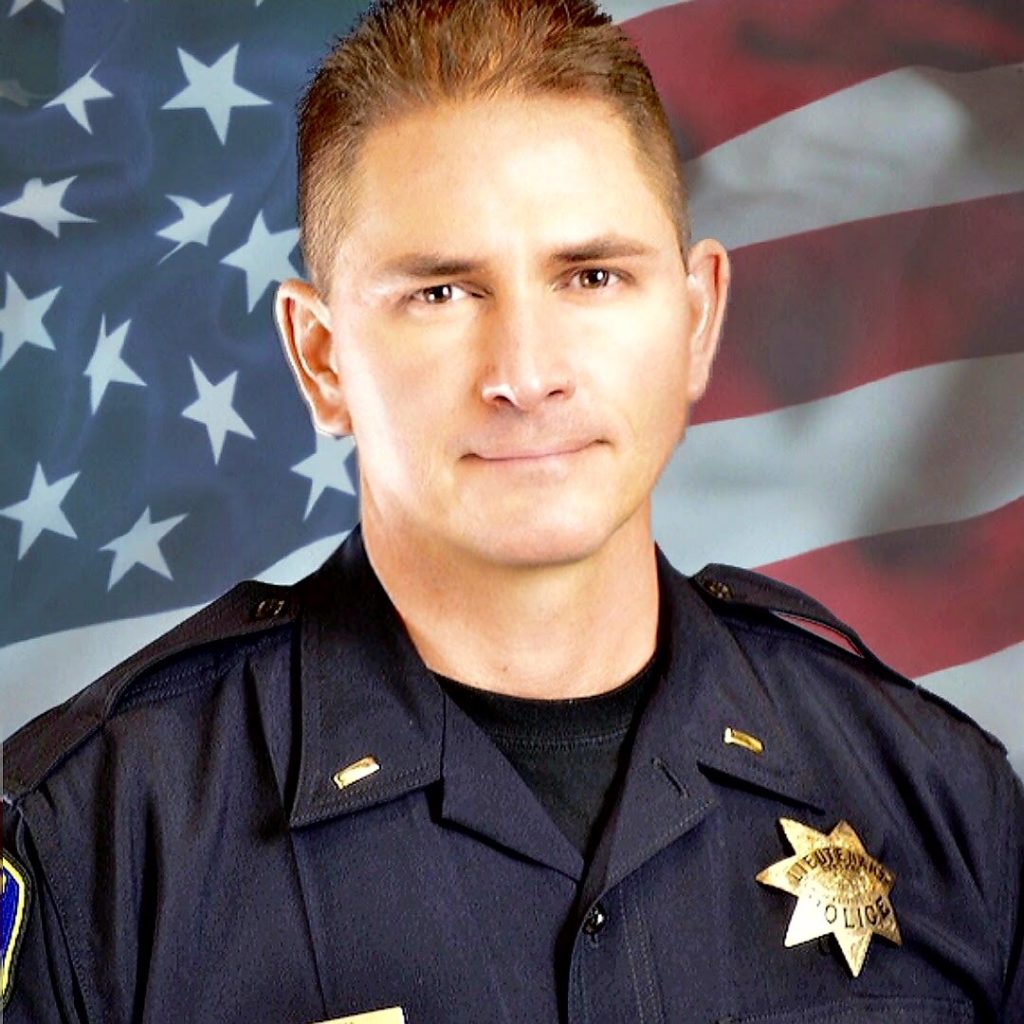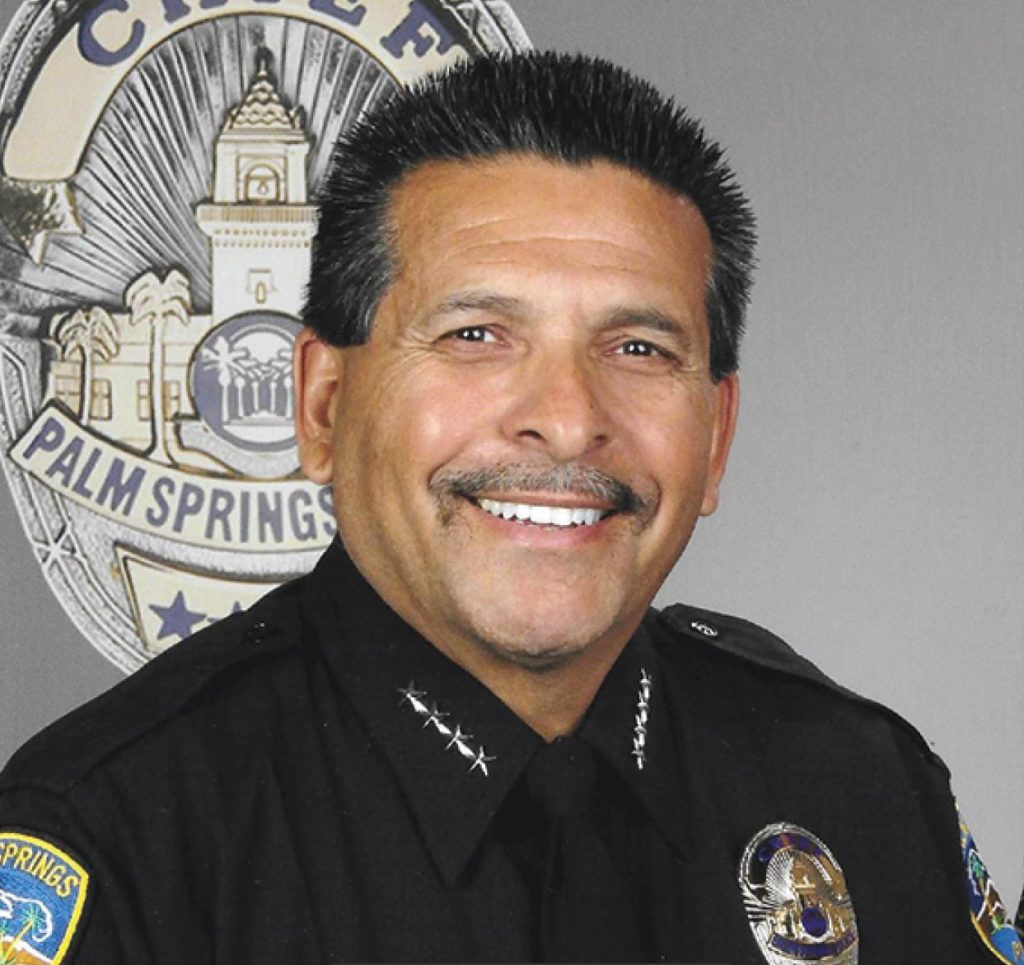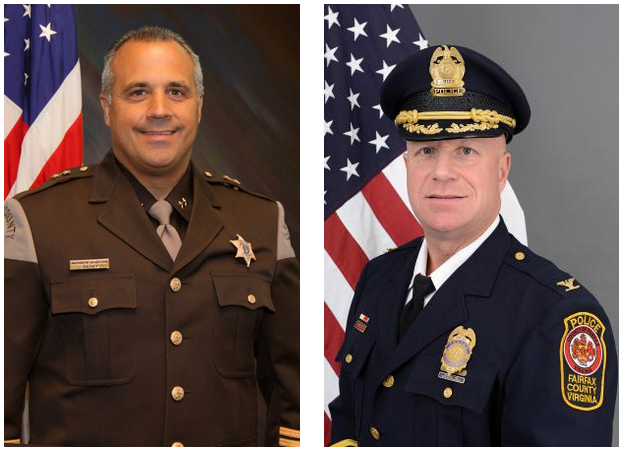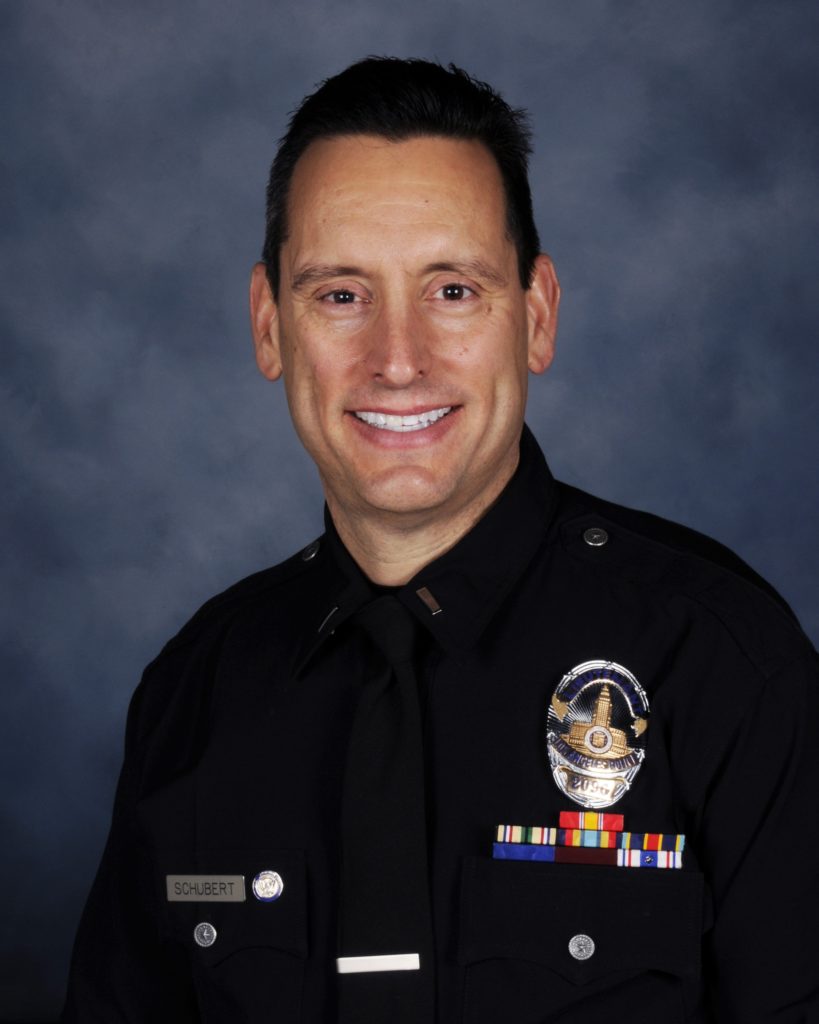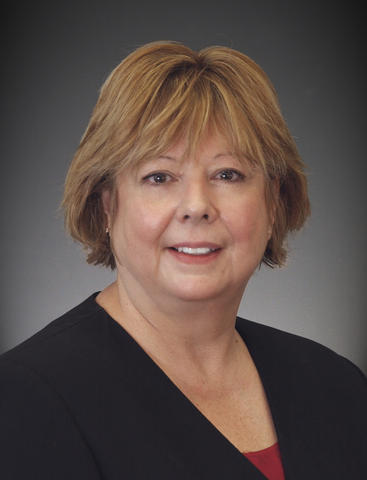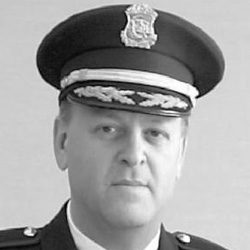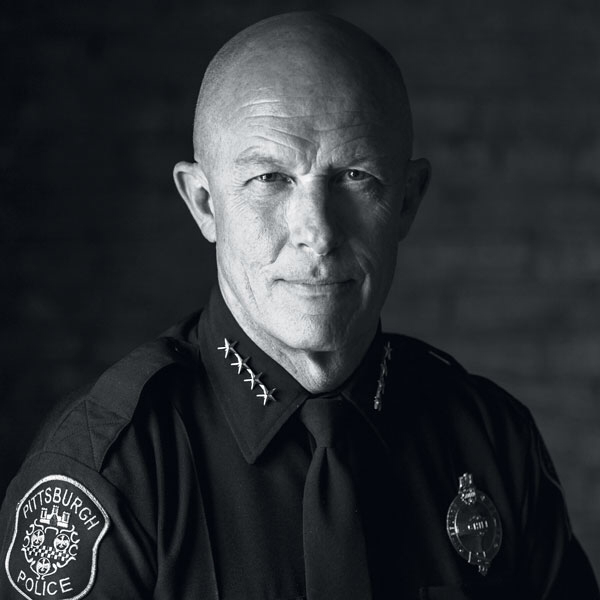Welcome to the OnPolicing Series
OnPolicing captures the thoughts of some of the country’s most important voices on contemporary policing. It is intended to stimulate debate about the state of policing and the myriad of challenges involved in controlling crime, disorder, and terrorism in a democracy like ours. The opinions are the authors’ own and may not represent the official position of the National Policing Institute.
Co-opting the Police: What can be done about “Profiling by Proxy?”
More than 50 years ago, James Q. Wilson noted that, “As the urban poor and the big-city police increasingly come into conflict, it is the patrolman who is on the grinding edge1.” Wilson’s imagery brings to bear an uncomfortable reality that is neither pleasant for police or the community. If police are on the grinding…
Utilizing Data and Science to Reduce Serious Injury and Fatality Crashes on Rural Roadways
As commanders within state police and patrol organizations, we are charged with protecting the citizenry traveling on our roadways. Although some might view violations of traffic laws as lesser offenses, those infractions can often lead to death and/ or serious injury if not corrected. In 2016, a total of 37,461 people lost their lives on…
Enhanced Interviewing Techniques to Improve Memory Recall
What Happened? Who did it? And, where are they now – simple enough, right? Typical questions that police officers and investigators want answered. But all too often, we attempt to rush and control an interview by asking close-ended questions. This drive for expediency can unintentionally reinforce the victim’s sense of inadequacy, frustrate and confuse them,…
“Peace Officers” Are the Guardians of Our Society
In 2016, our colleague, Executive Director, Sue Rahr of the Washington State Criminal Justice Training Commission wrote on the National Policing Institute blog about how law enforcement has become very good at fighting crime; yet, as a profession, we are struggling; I would agree, law enforcement in the United States is at a crossroads with…
Getting Ready for the NIBRS Transition
On January 1, 2021, the Federal Bureau of Investigation (FBI) will retire the Uniform Crime Reporting (UCR) Program’s Summary Reporting System (SRS). After then, the FBI will only collect crime statistics through the National Incident-Based Reporting System (NIBRS). We should understand why this is an important move and prepare for it. As local law enforcement…
Community Policing and Public Transportation
On July 1, 2017, the Los Angeles Police Department’s (LAPD) newly-formed Transit Services Bureau (TSB) and Transit Services Division (TSD) entered into a five-year contract with the Metropolitan Transportation Authority (METRO) with the promise to provide safe and effective conveyance for all 1.5 million Angelenos who commute daily along the 95 miles of rail lines…
Technology and Police Operations
Policing technology has moved out of the backrooms of the administration building to the core of police operations.Today police departments are using surveillance cameras, gunshot detection systems, automated license plate readers, facial recognition software, body cameras, drones, and numerous databases to prevent, respond and investigate crimes. The near future holds even more possibilities, such as…
The school shootings that don’t happen
Every single school shooting is a tragedy steeped in pain and loss. But for every school attack, there are many more that are prevented. Typically, attacks are averted because someone warned law enforcement or school officials. That can be a potential shooter’s family member, a friend, classmate, staff at school or just someone who saw…
The Missing Link in Policing
Leading from the front, the New York Police Department has begun exploring mechanisms to incorporate sentiment analysis — data about public perceptions — as a component of its flagship performance management system. They are on to something important. The NYPD knows that it matters how members of the public feel about police services. Police are…
Tactical lessons from San Bernardino attack
Two years ago, on Dec. 2, I was the tactical commander for the San Bernardino Police Department during a terror attack that claimed the lives of 14 people and injured 22 others. Saturday’s anniversary brought back a lot of memories. I am reminded of the first responders who endured the unimaginable sights, sounds and smells…


